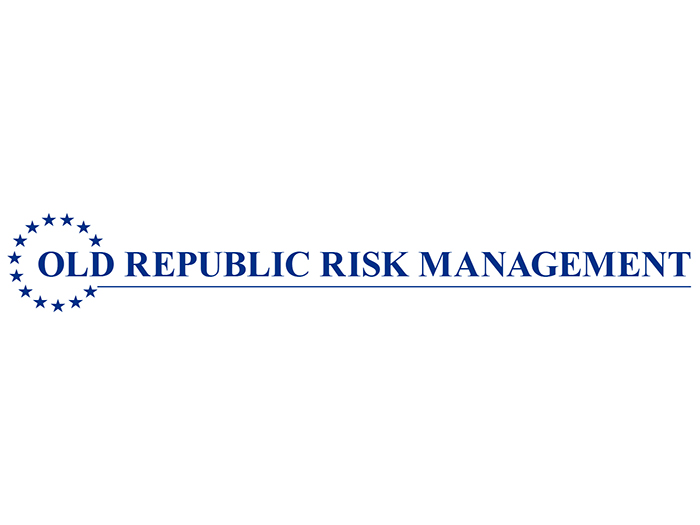Risk Insider: Chris Mandel
Risk Attitude and Success
Having just returned from a week in Dubai where I co-chaired the 4th Annual Middle East and North African ERM Conference and led a two day workshop on risk and strategy, I am pleased to report that ERM is alive and well half-way around the world. This reinforces my similar experience at the same forum (2nd annual) in 2012.
While there may be a perception of free flowing money and excess in this region, it is clear that key companies in many industries including finance, energy and health care face most of the same challenges in driving effective risk management strategies and programs as many of the companies in the west. Even though many risk leaders in this region gained their educational backgrounds in western institutions where in many cases ERM is still a suspect discipline, many have nevertheless gained significant traction with advanced risk management strategies in their companies.
An interesting angle was revealed at the MENA conference that raises challenging questions for many of these same practitioners. It emerged first as an informal anecdotal comment about the challenge of raising the profile and effectiveness of risk management functions where there was little or no tolerance for risk. While most risk professionals face this challenge at some point or another throughout their careers, it appears more widespread in this region and the question is why and how to do you manage through this dilemma?
Risk Culture by Default
First, recognize that all organizations have a risk attitude that ranges from extreme risk aversion to a radically risk seeking culture. Most often the actual risk attitude plays itself out in risk taking behaviors that underlie the basis for a risk appetite framework and strategy. Within the context of a risk culture which is defined primarily by the risk taking behaviors of its employees, every person has a risk attitude and appetite for risk.
The collection of these appetites and associated risk taking behaviors leads to what the MENA region seems to reflect, namely little or no tolerance for certain risks. It reflects a risk culture that will most frequently lead to performance issues and/or product/service pricing challenges affecting competitiveness and reputation.
As I like to say, you have a risk culture by default, if you don’t proactively design and implement the risk culture you desire. While it is an appropriate response to certain risks to choose to avoid such risks, in general, this is a distant if not last choice to make where growth through innovation and the necessary risk taking that comes with it, is desired.
So MENA and others who wrestle with risk aversion should realize that this is incompatible with long-term success in a competitive environment. As a result, they should commit to developing a consensus for a risk culture that aligns with an appetite for risk that is consistent with balanced or prudent risk taking.
Key Takeaway: Define and implement your desired risk culture and attitude before they trip up your mission and strategy.










